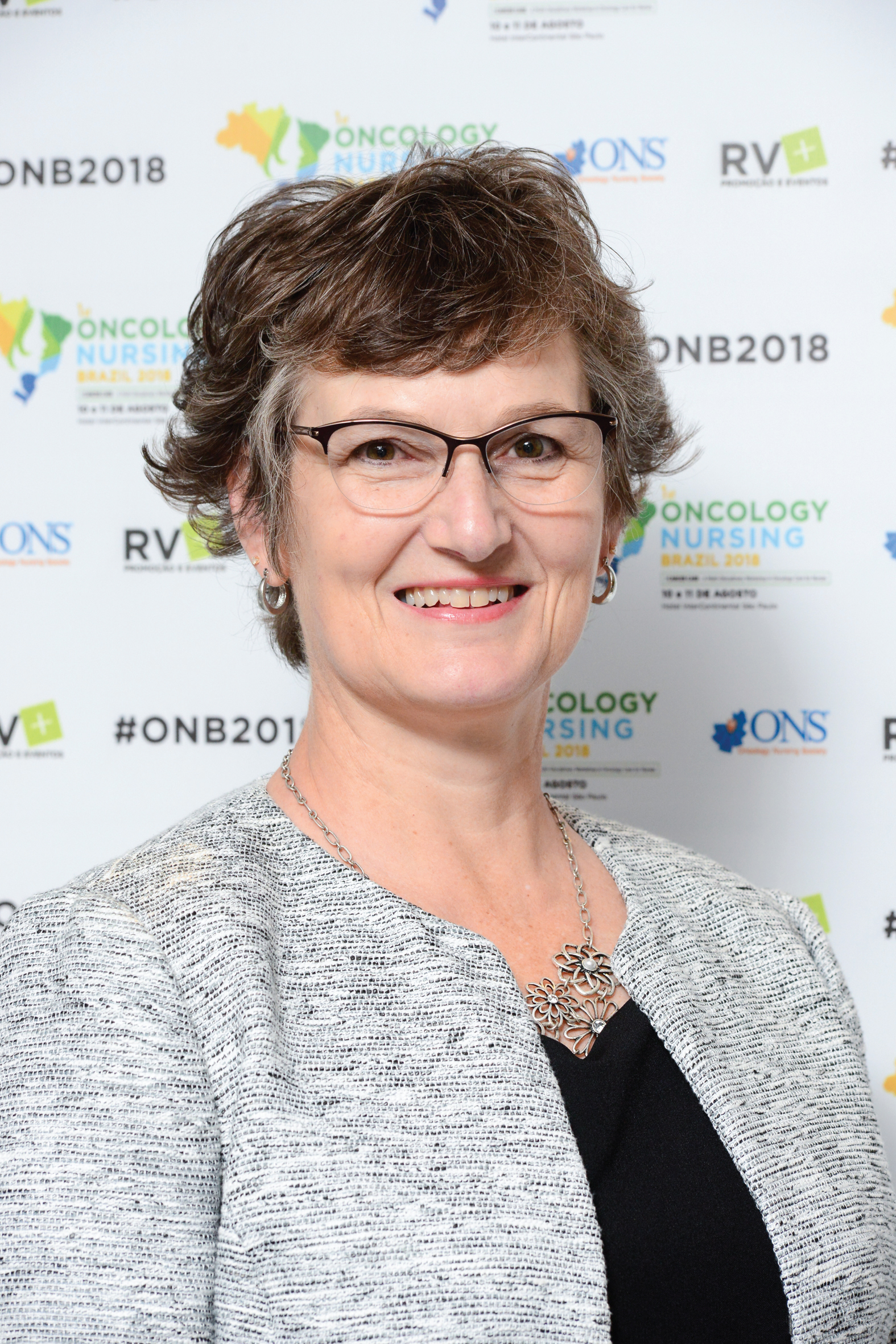What Does the Research Say About Oncology Nursing Certification?

To measure the value of oncology nursing certification, scientists must look at the intrinsic, qualitative outcomes associated with nurses achieving certification in practice. The research for oncology nursing certification has largely focused on perceived benefits for nurses, their colleagues, and their institutions. Data suggest that certified oncology nurses feel validated in their knowledge, report personal satisfaction for undertaking and completing the certification process, and say that it enhanced their professional credibility.
In 2010, researchers polled 940 nurse managers and nursing staff identified through American Board of Specialty Nursing data obtained from the University of Kansas National Database of Nursing Quality Indicators. The nurses responded to questions about the perceived value of oncology nurse certification; according to the data, 99% of nurse managers and 96% of nursing staff reported that obtaining certification (https://doi.org/10.1188/10.CJON.E63-E69) made nurses feel validated in their specialized knowledge of oncology care. Likewise, the same percentage of nurses and nurse managers reported feelings of personal satisfaction after obtaining certification. Furthermore, an overwhelming majority of both certified and noncertified nurses reported that certification enhanced professional credibility, indicated professional growth, enhanced personal confidence, increased marketability, and improved consumer confidence from patients and family members.
The 2010 study also showed that cost was the largest barrier (https://doi.org/10.1188/10.CJON.E63-E69) to obtaining oncology nurse certification. Some strategies to defray costs include seeking scholarships, lobbying for institutional reimbursement, and working with a local ONS chapter for potential reimbursement or scholarship opportunities. Furthermore, nurses reported that institutional recognition helped lessen the importance of cost as a deterrent.
Additionally, the study showed that nurses are generally motivated to obtain individual oncology nurse certification because of intrinsic rewards and the personal and professional validation of meeting rigorous requirements for specialty care. Even without reimbursement and compensation from institutions, nurses still sought certification (https://doi.org/10.1188/10.CJON.E63-E69) for personal value and achievement, signaling a commitment to their profession and the patients they serve.
Currently, directly measuring the impact of oncology nursing certification on patient outcomes is difficult, but it’s an area of opportunity and interest for future nurse scientists. Research has indicated decreased patient fall rates (https://doi.org/10.4037/ajcc2009487), shorter lengths of stay (https://onlinelibrary.wiley.com/doi/abs/10.1002/j.2048-7940.2007.tb00173.x), and better patient skin and fatigue assessments (https://doi.org/10.1188/02.ONF.665-672) with a higher percentage of certified nurses (https://journals.lww.com/jncqjournal/Fulltext/2006/07000/Reliability_Testing_of_the_National_Database_of.11.aspx). Nurse scientists might also consider researching ways that oncology nursing certification affects work efficiency and treatment scheduling, how certification could improve safety and quality of care, or ways that certifications impact staffing issues and retention.
Nurses, nurse managers, and other healthcare staff recognize the value of oncology nurse certification, and ONS emphasizes it through the Society’s Oncology Certification for Nurses position statement (https://www.ons.org/make-difference/ons-center-advocacy-and-health-policy/position-statements/oncology-certification) and provides resources for nurses and employers to mitigate barriers and pursue certification opportunities. The Oncology Nursing Certification Corporation supports nursing recognition of certification by offering awards, pins, and plaques for certified nurses and employers. With the Magnet requirement for certified nurses on staff, the value of nursing certification is becoming more inherent to practice, and nursing staff can use the benefits of certification as they seek to advance their careers in oncology nursing.
